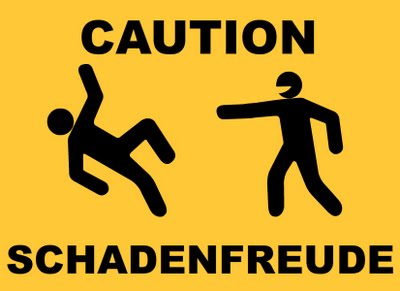Draining the legal academic swamp

Two and a half years ago, I published an article which among other things documented how David Frakt got expelled from his own job talk at the Florida Coastal School of Law, where he had been invited to interview for the deanship:
Frakt pointed out to the faculty that the Lsat scores of entering students correlate fairly strongly with the probability that those students will eventually pass a state bar examination, which is of course a prerequisite for actually becoming a lawyer. He noted that according to statistics from the Law School Admission Council—the organization that administers the Lsat—scores higher than those in the 60th percentile correlate with a low risk of failing to eventually pass a bar exam. Scores ranking from the 60th to the 40th percentile, by contrast, correlate with a moderate but rapidly increasing risk of failure. Scores below the 40th percentile correlate with a high risk of failure, and scores below the 25th percentile correlate with an extreme risk of failure, to the point where it is quite unlikely that someone with an Lsat score below 145 will ever pass a bar exam.
In the class Florida Coastal had just admitted, then, more than half the students were unlikely to ever pass the bar. But Frakt emphasized that the actual situation the school’s eventual 2017 graduates would face was likely to be even worse than this. In each of the past two years, about 20 percent of Florida Coastal’s first-year class transferred to other law schools. These students essentially made up the top fifth of their classes in terms of law-school grades. This is significant because high law-school grades have an even stronger correlation with passing the bar than high Lsat scores do. In other words, if only half an entering class had a decent chance of eventually passing the bar, and nearly half of those students wound up transferring elsewhere …
Lawyers may be notoriously bad at math, but this equation was simple enough. The ABA requires schools to maintain certain bar-passage rates, or they risk losing their accreditation. Indeed, the ABA’s standards state that “a law school shall not admit applicants who do not appear capable of … being admitted to the bar.” By admitting so many students who, upon graduation, seemed unlikely ever to pass the bar, Frakt pointed out, Florida Coastal was running a serious risk of being put on probation and eventually de-accredited, which would put the school in a financial death spiral. (A loss of accreditation would make it impossible for students to receive federal loans and, crucially, would prevent students from taking the bar exam in many states.)
It was at about this point in Frakt’s presentation that Dennis Stone, the school’s president, entered the room and told Frakt that if he didn’t leave immediately, security would be called. (When The Atlantic reached out to InfiLaw for comment, the company said that Frakt’s presentation was “based upon clearly erroneous information about the school’s accreditation status and key data points,” and that Stone decided “to end the presentation rather than put up with further insults to the faculty and school from a candidate who had no chance to obtain the position.”)
Schadenfreude is not a pretty emotion (although it’s a rather pretty word — those wacky Germans!), but it would require superhuman virtue on Frakt’s part not to be reveling in the ongoing collapse of Infilaw’s sleazy empire. Now, after exactly the sort of complete collapse of bar passage rates that Frakt predicted would happen has happened, the ABA has put two of the three Infilaw schools on probation. Federal educational loan funds have been denied to Charlotte students, and the University of New Haven has pulled out of a projected alliance with the school. (Thanks to an LGM reader for sending me a copy of the letter he just received from the president of New Haven, informing him that UNH had decided against any affiliation. On a related note, see this furious op-ed Elie Mystal published in the Times, which Scott linked to a few days ago, excoriating Bethune-Cookman for hooking up with Arizona Summit.)
Florida Coastal for the moment retains the distinction of being the only one of the Infilaw schools not on the ABA regulatory equivalent of death row, but its bar passage rate is also plunging as predicted, although not as precipitously as that of its sister schools. These atrocious bar passage results were achieved even in the wake of a program that pays selected Infilaw graduates not to take the bar exam. Arizona Summit has even instituted a brand-new requirement that current students pass a mock bar exam before they’re eligible to graduate. Besides being cartoonishly evil, this is probably illegal, in the sense that it’s a breach of the school’s implied contract with its current students.
It remains to be seen if Betsy DeVos rides to at least the temporary rescue of Infilaw, by ordering the Department of Education to reverse its decision to cut off federal loan funds to Charlotte, and to not cut them off to Arizona Summit, now that the latter school has also been placed on probation by the ABA. But for the moment at least, Infilaw is on the run, and its corporate masters are reportedly eager to unload what has become a less than sterling investment.


